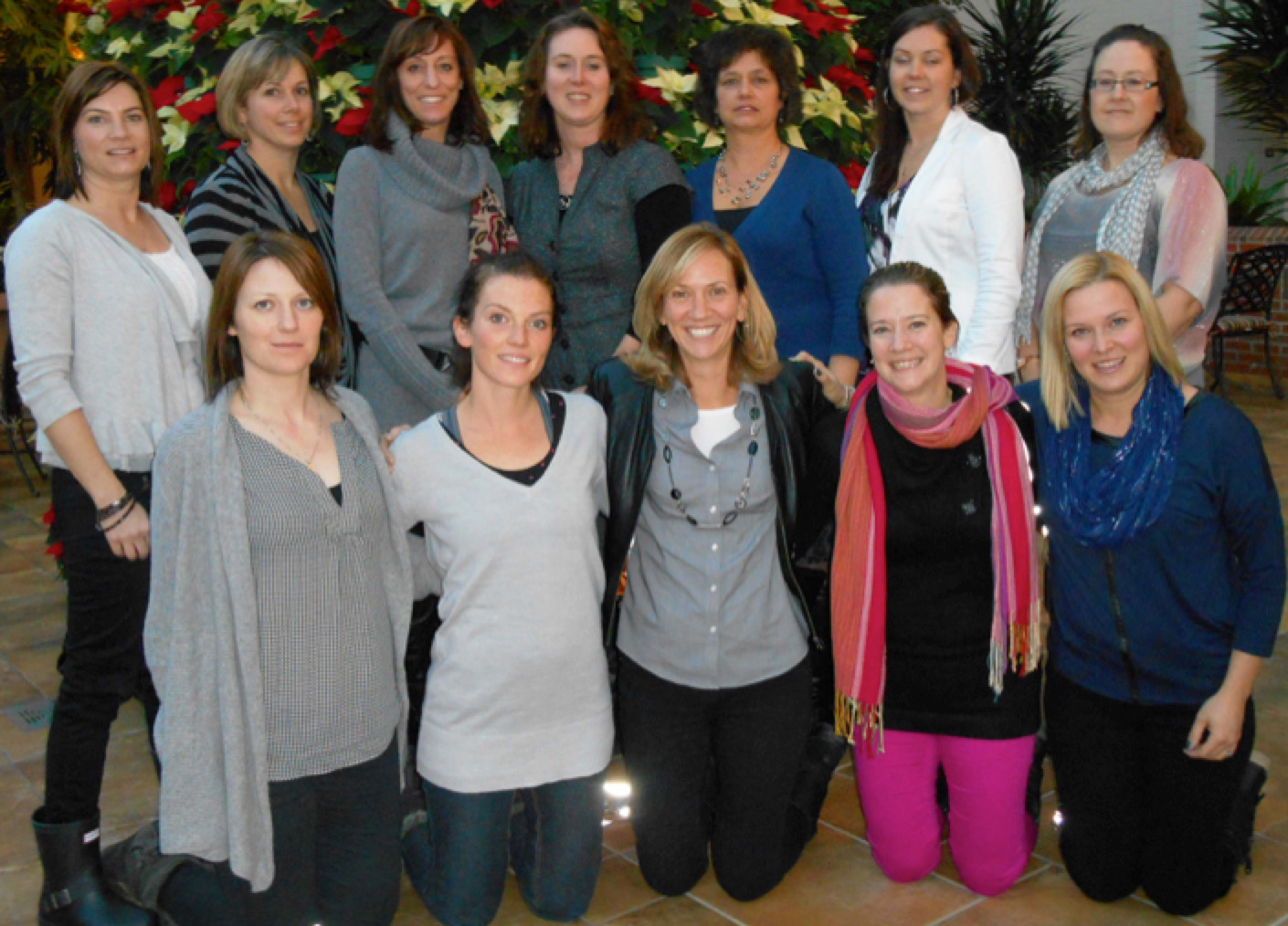National Inclusive Education Month Commentary #10
By Amy Kipfer
Four years ago I was working as a Special Education Consultant when our team was approached by our Superintendent to start taking a look at inclusive education for all students in our school board. At the time we were busy labelling and sorting students into self-contained classes as we believed this is what would be best for our students.
Once we started to dig into inclusive education research we started to make connections with teachers in school boards who were already working in this area. As a result, our team recognized how much of our work was focused on what was not supported by research. We committed to making significant changes.
 We adopted a vision focused on changing our K-12 school system to be fully inclusive. We decided we needed to stop admitting students to self-contained classes and instead include all students in regular classrooms. As we started to share our vision we were repeatedly met with questions from colleagues. They asked, “When you say all, you do not really mean all, do you?” – and with even more disbelief, “You do not mean secondary schools do you?”
We adopted a vision focused on changing our K-12 school system to be fully inclusive. We decided we needed to stop admitting students to self-contained classes and instead include all students in regular classrooms. As we started to share our vision we were repeatedly met with questions from colleagues. They asked, “When you say all, you do not really mean all, do you?” – and with even more disbelief, “You do not mean secondary schools do you?”
We answered, “yes we do” to both questions.
Our board made a significant commitment to support this new approach. They hired a team of 15 teachers to act as Learning for All Coaches. My job was to coordinate this team. We were mandated to adopt a coaching model that would have us support teachers in classrooms in all our schools. We paired ourselves with teachers who had students in their classrooms who would have previously met the criteria for admission to a self-contained class.
We soon recognized that many teachers were willing to include students but had questions about how this could be successfully done. This was especially evident at the secondary school level.
Secondary schools are laden with structures and procedures that stream students based on achievement and perceived ability. Students with intellectual capabilities were kept out of the classrooms with great teachers who were passionate about their subject matter and could provide excellent learning opportunities for students that they could not experience anywhere else.
As a Learning for All Coach I started working in secondary schools. My experience as an elementary teacher earlier in my career had not prepared me for the number of self-contained classes I encountered. I had experienced inclusion within my own classroom and in colleagues classes, rooms K-8, and had seen the benefits for students.
Traditional practice in secondary schools resulted in fixed mindsets about students. They carried with them misunderstood labels that resulted in low expectations by their teachers. Since students with developmental disabilities and other learning needs often spent seven years at a secondary school (longer than most students), it was evident that they deserved to experience the full range of experiences and learning opportunities offered to all high school students.
We could not accept that children who had been included when they were young would lose that opportunity just because they got older. Public education has a responsibility to provide the same opportunities throughout their school experience.

We have been on this journey to transform our secondary schools for four years now. We have been working to change the programs, the structures and support systems for both students and teachers. I can say that the experience has been rewarding for the students who have been included, the peers of these students, their teachers, administrators and families.
Students who were previously segregated in our secondary schools now can get credits for the work they accomplish in regular classes. Peers have become friends. They support each other in their classes, on school teams and during social events. When given the opportunity to participate in regular classes, parents and students have been overwhelmingly positive about their experience. As a consequence, the number of self-contained classes has decreased rapidly.
Our teachers and administrators are increasingly using the “inclusion lens” to plan instruction and programming as well as assessment and evaluation. The same approach is used to plan school events, field trips of inclusion and other activities. Our teaching staff have a renewed understanding of why it is important for all students to access regular classrooms. They are experiencing first hand the benefits students get when they participate in a fully inclusive secondary school.
While secondary school may well be the final frontier for inclusive education, I can tell you success is attainable. Our school board’s decision to move our K-12 system all at once has been a challenge. However the success we have had confirms for me that this has been beneficial for all, students and teachers alike. The experience I have had as a “Learning for All Coordinator” has been the most rewarding and important work I have had. It has been a privilege to be part of this effort.

Amy Kipfer is a Learning for All Coordinator with the Avon Maitland District School Board in Ontario. She has conducted training sessions and workshops for teachers in her district as well as other parts of Ontario. She has been a guest speaker at inclusive education sessions sponsored by Inclusive Education Canada and Community Living Ontario.
